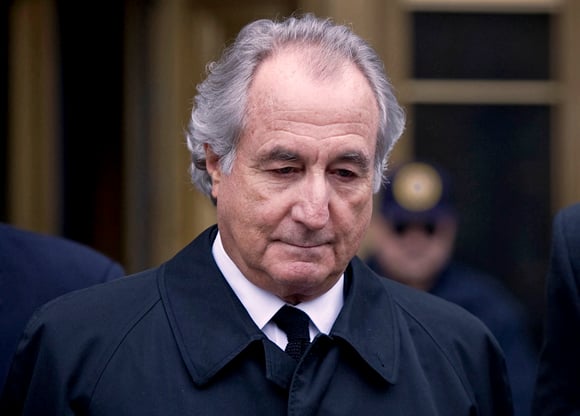Allege legitimate claims disallowed while trustees rake in excessive charges; 'customer is always shorted'
Wall Street's insurance fund for failed brokerages is “the worst kind of insurance company,” according to an investor who lost money with Bernard L. Madoff.
The Securities Investor Protection Corp. is “constantly finding technical reasons for choking out victims” said 72-year old Leah Larsen, who lives in New York and works part-time as a paralegal. Larsen, who said she lost about $100,000 with Madoff, said her claim was denied because her money was pooled with her brother's account.
Larsen was one of five investors who spoke at a forum held by SIPC today at the Grand Hyatt hotel in New York. The purpose was to give investors a chance to voice their opinions on how to improve the group. It was the second in a series of national public forums soliciting input about the organization, which hasn't been the focus of major new legislation in at least 30 years, according to the group's website.
SIPC, based in Washington, is a nonprofit membership corporation overseen by the U.S. Securities and Exchange Commission and funded by brokerage firms to compensate investors whose accounts are missing stocks or other assets because of theft or other reasons when a member firm fails. SIPC may reimburse investors for assets of up to $500,000, including up to $250,000 in cash, and generally doesn't reimburse investors who have been sold worthless investments.
The group is funded by assessments on its members with a funding goal of $2.5 billion, the website said, and had about $1.4 billion in assets in December, according to its annual report.
There should be greater scrutiny of trustee fees, said Norma Hill, another investor at the forum, who said she lost more than $1 million in investments directly with Madoff and through feeder funds. Hill, who lives in Westchester County, New York, declined to give her age and said she's currently living on Social Security benefits.
“There is a lot of over-billing,” Hill said. “Basically, the customer is always shorted but the trustee is always a winner.”
SIPC has paid more than $1.1 billion to Irving Picard, the trustee liquidating the estate of convicted Ponzi schemer Madoff, according to a May report. About $779 million was used to pay customer claims and $346 million was used for administrative expenses such as rent and fees, the report said.
Members of the SIPC modernization task force, which didn't answer questions at the forum, will review the public input and present a written report to SIPC's board of directors. The board may then make recommendations for legislation.
The SEC has been reviewing whether SIPC wrongly denied claims from investors who lost money with R. Allen Stanford. The SEC will decide “in the near future” whether alleged victims should receive reimbursement from SIPC, SEC enforcement director Robert Khuzami and inspections chief Carlo di Florio said in May at a House Financial Services Committee hearing.
Stanford, 61, was indicted in June 2009 on criminal charges claiming he misled clients about the safety and oversight of certificates of deposit issued by his Antigua-based bank. Stanford denies the charges and is scheduled for trial in federal court in Houston in September.
--Bloomberg News--







